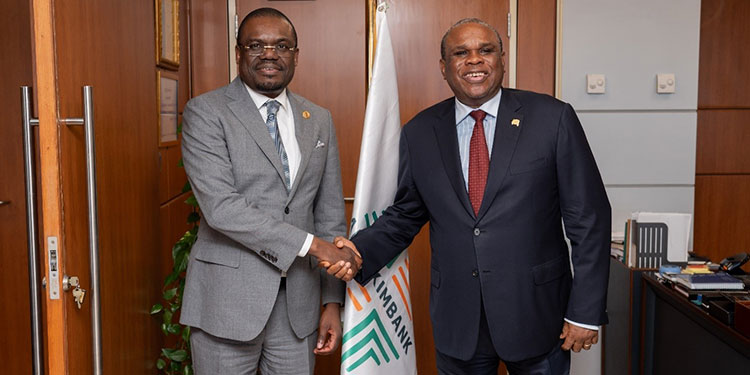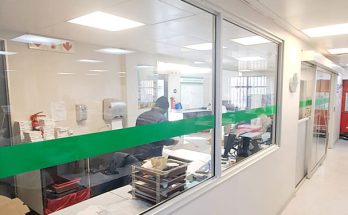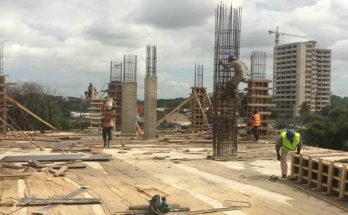
A new collaboration agreement was launched on the fringes of the Global Forum for Vaccine Sovereignty and Innovation in Paris, France, by the African Export-Import Bank (Afreximbank) and the Africa Centers for Diseases Control and Prevention (Africa CDC), marking the continuation of their partnership.
As a result of this partnership, Afreximbank has pledged a US$ 2 billion facility to the “Africa Health Security Investment Plan” in order to help the continent fulfill its goal of producing health products. The African Pooled Procurement Mechanism (APPM) and the Platform for Harmonized African Health Products Manufacturing (PHAHM) would be the focal points of this endeavor.
This project is essential for tackling the problems with health investment in Africa, advancing economic growth, and enhancing health security throughout the region. Additionally, it aims to supplement GAVI’s novel financing program, the African Vaccine Manufacturing Accelerator (AVMA), which over the next 10 years would finance African producers of pharmaceutical and health products with up to USD 2 billion.
Despite the harsh effects of the world’s health, security and economic issues, African pharmaceutical businesses are the ones driving the technological improvements and investments that the health sector requires. Regulatory obstacles, inadequate infrastructure, trade-related trade barriers and low investor trust are a few of the factors preventing investment in Africa’s health sector.
Achieving the African Union’s goal of producing 60% of the vaccines required locally by 2040 would depend on closing the investment gap and putting in place the other safeguards required to maintain self-reliance, particularly in times of crisis like pandemics and outbreaks.
Afreximbank President and Chairman of the Board of Directors, Prof. Benedict Oramah, commented on the signing, saying, “We are pleased to be part of yet another momentous event that will change the course of health security in Africa.” This facility will support the manufacturing of pharmaceutical and health products in Africa by using our extensive and ongoing initiatives, which include trade finance, project preparation money, and guarantees. Additionally, we want to fully support this facility by investing in equity through our subsidiary, the Fund for Export Development into Africa (FEDA).
“We are pleased to be part of yet another momentous event that will change the course of health security in Africa,” stated Prof. Benedict Oramah, President and Chairman of the Board of Directors of Afreximbank, in remarks regarding the signing. Through our extensive and ongoing interventions, including Project Preparation funds, Project and Trade Finance, as well as Guarantees, this facility will support the manufacturing of pharmaceutical and health products in Africa. Additionally, through our subsidiary FEDA, the Fund for Export Development into Africa, we want to fully support this facility with equity investments.
Key health projects recognized by the Africa CDC will be supported and financed by Afreximbank thanks to the “Africa Health Security Investment Plan.” In order to increase and draw in additional health investments in Africa, the collaborative effort combines institutional and financial resources with financial mechanisms like guarantees, venture capital, equity and debt financing, capacity training, and risk-sharing.
Three major elements form the foundation of the “Africa Health Security Investment Plan”:
1. Technical assistance and advisory services: A single point of contact for planning and carrying out health projects, with support from the Africa CDC for capacity-building.
2. The Afreximbank Project Portal provides access to the Investment Project Pipeline, a lucid, prospective list of health-related projects in Africa.
3. Regulatory and Normative Support: carrying out initiatives, under the direction of the Technical Steering Committee of Africa CDC-AfCFTA, to eliminate obstacles and foster an atmosphere favorable to trade and investment.
The Africa Health Security Investment seeks to address the continent’s health investment issues, encourage economic expansion, and improve health security all throughout the region.



